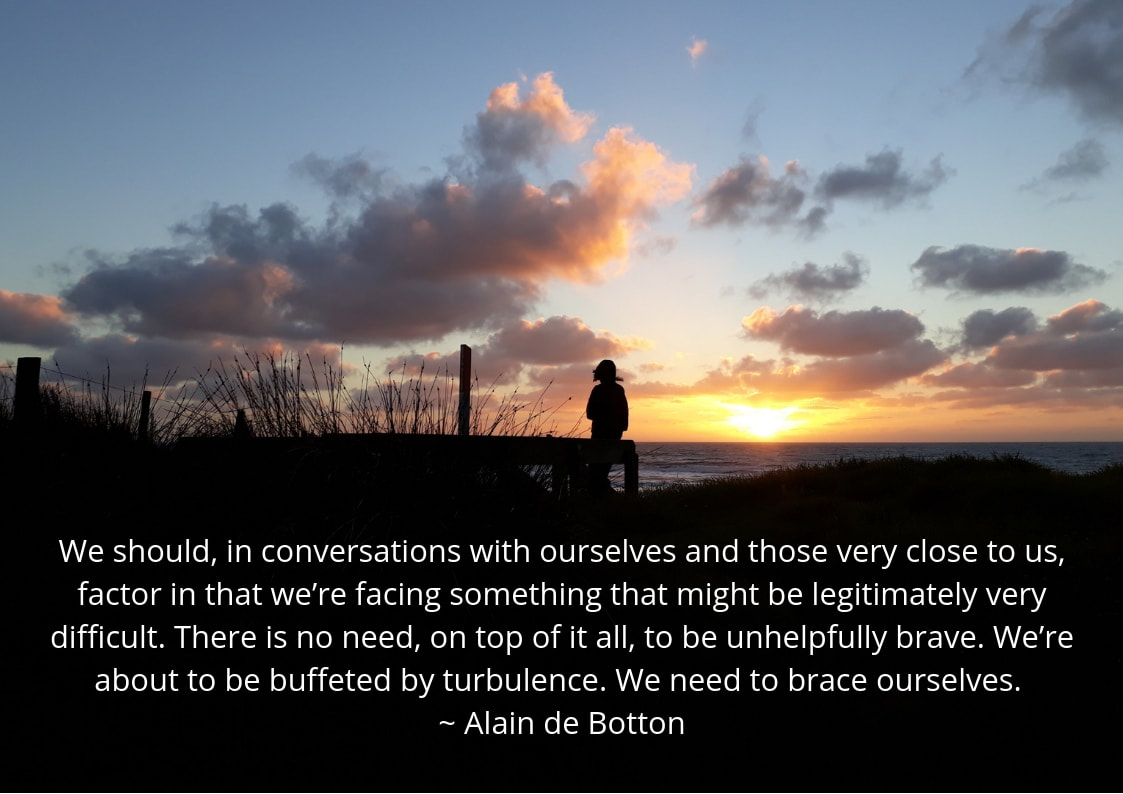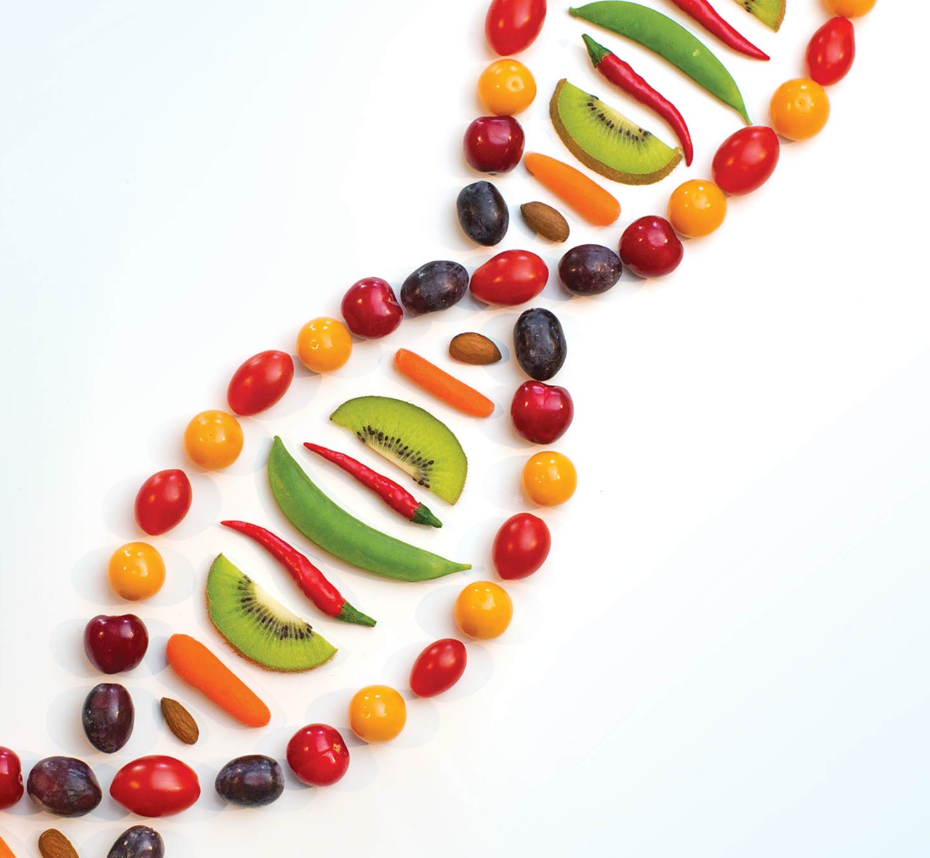|
People sometimes tell me they wouldn’t have thought there was a link between nutrition and mental health. I believe that by growing our awareness of the link between nutrients, mental health and mental health problems, we might reduce the stigma of mental health problems. We might create a shift where more people seek and find answers to their mental health struggles and go on to live happy and productive lives.
Nutrition builds your physical foundations right down to your cells. Cells that make up your brain and nerves, your hormone-secreting ovaries and testes. Cells that make up your heart and lungs, your complex, amazing digestive system. Cells that make up your blood. Immune cells that fight infections and keep you well.
0 Comments
 Christmas can be a painful time of year for many people - a time when grief, loneliness, health struggles, depression, anxiety, lack of money, or family trauma can be that much more prominent. And what adds to the pain for many of us, is the loud, deeply contrasting message that this is a happy, merry, joyous time. A time of togetherness, of fun, of treats. A time of spending lots of money and receiving lots of gifts. A time of family. These societal messages can be like salt in our wounds. Yet this common human experience isn’t often talked about. In a spirit of acknowledging our human struggles and sharing ways to care for yourself through tough times, I’ve put together these mental health first aid tips for the holidays. There are tips for those who are: -feeling exhausted emotionally and physically -feeling suicidal -grieving -impacted by toxic family, and -for those who are struggling to sleep.  Cara (not her real name) was 33. She ate a variety of whole foods, was active and seldom drank alcohol. She had a history of anxiety and depression and very stressful life events, including childhood trauma and abusive relationships. When I saw Cara for her first appointment, she was in many ways in a very good place in her life. She had in the past year come out of an abusive relationship and knew she would never be in one again. She had begun seeing “a really good therapist” who was helping her unpack her childhood traumas. And she had a small group of true friends she could rely on. Depression is one of the most commonly experienced mental health problems. While the causes of depression are different for everyone, there are often common contributors such as excessive stress or ongoing stress, trauma (past or recent), and emotional pain.
I’m going to share some tools for managing and recovering from depression that you might like to try.  When a picture doesn't say a thousand words....this photo was taken December 2014, as I was plunging into an OCD relapse. When a picture doesn't say a thousand words....this photo was taken December 2014, as I was plunging into an OCD relapse. I lived with moderate to severe OCD for 20 years. It eventually became so debilitating that I struggled to leave my house. After finally deciding enough was enough and committing to working on all aspects of my mental and physical health in my early 30s, I experienced 80–90% reduction in my symptoms of OCD. Nutrition was one of the tools that helped most. This led to me studying to become a nutritionist, and eventually writing my ebook, Nutrition for Your OCD Recovery. It’s available in Kindle and pdf formats here. This article discusses my experience of relapse after recovery. |


